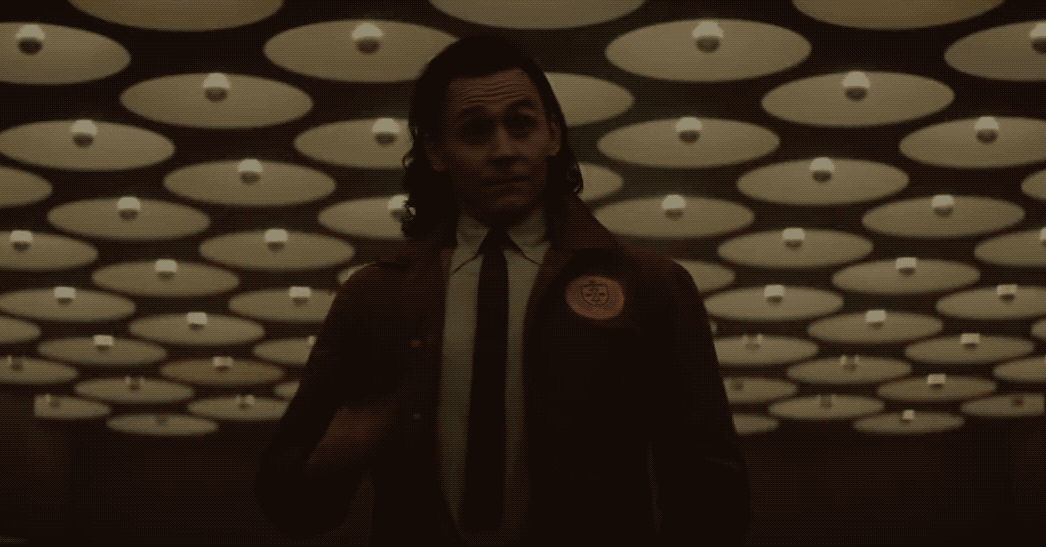Episode 87 - The Psychology of Loki!
Loki is finally starring in his own show! Except it’s about timelines and multiverses and stuff.
Loki has been one of the best characters in the Marvel movies for a long time — but what is his new TV show revealing about the God of Mischief? We delve into his character, and the neuroses that drive him. Plus we talk to Maria Konnikova, author of The Confidence Game and The Biggest Bluff, about what real-life con artists are like.
Notes, Citations & Etc.
The Biggest Bluff by Maria Konnikova
The Confidence Game by Maria Konnikova
All about Loki in Marvel Comics and the Marvel Cinematic Universe
In Avengers: Endgame, some of the Avengers travel back in time to 2012 to steal the tesseract, but the 2012 version of Loki steals it and uses it to escape. So the version of Loki in the TV show is one who hasn't lived through the Thor sequels, and also didn't die in Avengers: Infinity War. Confused yet?
The Time Variance Authority has been a thing in Marvel Comics for a long time. They're somewhat similar to the Time Bureau in Legends of Tomorrow.
We know that Marvel is heading towards having a multiverse in their movies and TV shows, because one upcoming film is called Dr. Strange in the Multiverse of Madness. The upcoming Flash movie is also going to be about visiting different alternate timelines, thanks to the Flash's use of time travel.
And of course, the X-Men are always time-traveling and changing the timeline.
In Norse mythology, Loki is a very ambiguous figure who is sometimes on the side of the Aesir and sometimes not. And sometimes he turns into a horse and seduces other horses.
In retrospect, Thor: The Dark World is a really important film for Tom Hiddleston's Loki.
In folklore, a trickster provides a "safety valve" for repressive social norms, allowing a socially-sanctioned form of rebellion. Herbert Marcuse talked about this as "repressive desublimation." Basically he invented The Purge.
Another charismatic trickster who still cares about his family is Assane in Lupin.
Contrast that with the Joker in The Dark Knight, who just wants to see the world burn.
Recent time-travel TV shows, like Legends of Tomorrow and Twelve Monkeys, have embraced the notion of gleefully changing the past, without any hangups.
We have to keep changing our decisions and our strategy as our information and the facts at hand change — basically, Bayesian inference. This is a big deal in poker, where you have to make sense of shifting circumstances.
